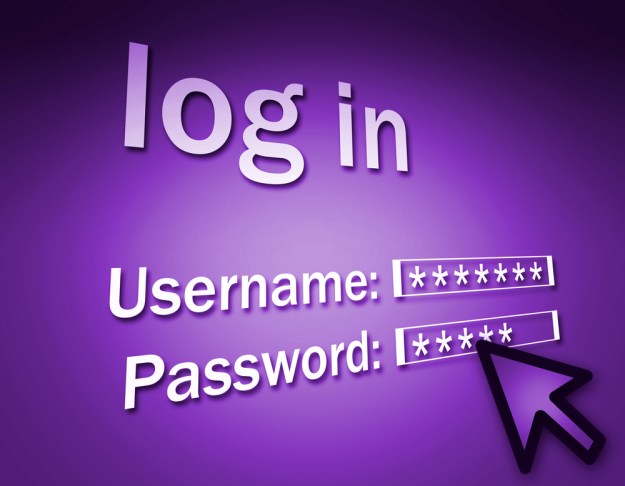 Surely logging into an online account registered to your partner, whether it’s Facebook or a web-based email account, is to enter a potential minefield of misunderstandings that could lead to a row, broken crockery or worse, a broken relationship.
Surely logging into an online account registered to your partner, whether it’s Facebook or a web-based email account, is to enter a potential minefield of misunderstandings that could lead to a row, broken crockery or worse, a broken relationship.
According to the results of a new survey of 1,000 British people aged 18 and over, it appears that snooping into the accounts of others is a fairly common practice.
The survey, carried out by UK insurance company esure, revealed that men are more likely to snoop, with 10 percent admitting having done so. Six percent of women said that at some point they had snooped on a partner’s online account.
The survey also showed that many of the intrusions were the result of the victim being extremely lax with their passwords, with 48 percent of people writing them down on paper, storing them on their phone or on a computer. Many even admitted to leaving them lying about the home. On top of that, 76 percent of respondents said they used one password—yes, that’s just one single password—for all of their accounts, with 20 percent using their mother’s maiden name to protect all their online data.
“Writing down passwords is sometimes the only way to avoid forgetting them, but this should then be treated as a highly valuable possession and not carried around or left lying around where it could easily end up falling into the wrong hands,” esure’s Nikki Sellers told the Daily Mail, adding, “The number of passwords needed to navigate modern life is constantly increasing and this has led many Brits to taking serious security risks.”
With more and more people expected to store increasing amounts of data in the cloud in the coming years, having decent passwords, and keeping them in your head rather than written on a slip of paper, is more important than ever.
If the majority of your passwords comprise names of pets, your mother’s maiden name and your birthday, it may be time to overhaul your system. Head over to here for some great advice from Digital Trends’ Geoff Duncan to find out how to create passwords that won’t be cracked.
[Image: Mario7 / Shutterstock]


